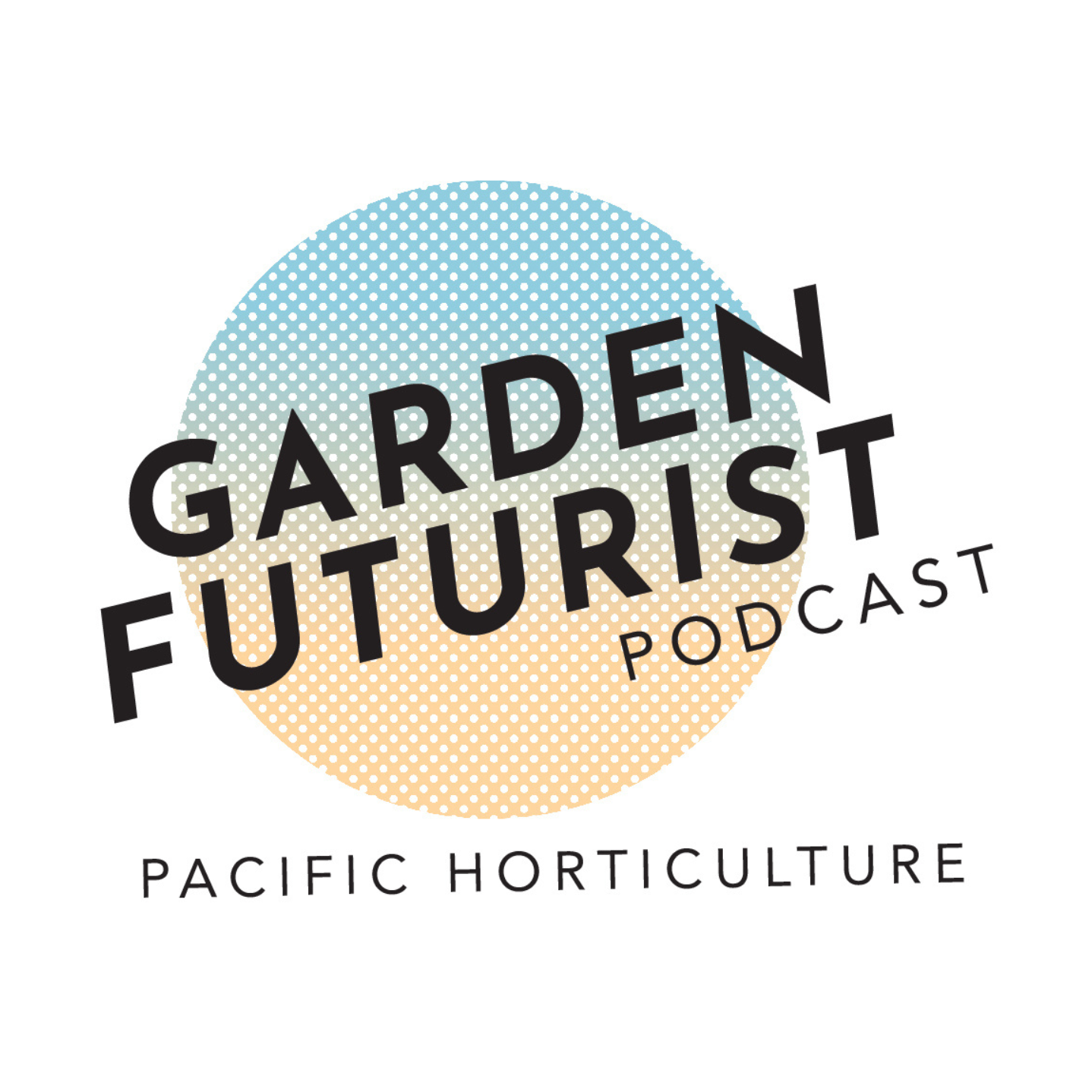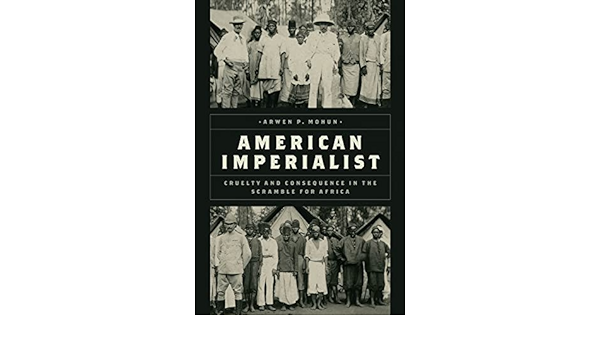
4 minute read
The Book Nook
“Wild Girls: How the Outdoors Shaped the Women Who Challenged a Nation” | Tiya Miles

Connection to the land, understanding the natural cycles, and spending time working, playing, and dreaming in fresh air or under the stars shapes human character for the better. This is the premise of “Wild Girls” by Tiya Miles. This lovely, short book shows that trailblazing women throughout history drew strength and knowledge from their time outside — in play and in study of the natural world. Nature became their ally and, as Tiya proposes, their experiences outdoors expanded their imaginations, tested their talents, and readied them for brave social courage and bold political action. “If going outside exercised the imagination and strengthened skills for girls of the past, who as women accomplished extraordinary feats that helped change the nation,” Tiya asks, “how can we foster outside equity, inviting all into the wild to watch the sky, climb a tree, and dream the future?”
Recommended by Sharyn Main, Policy and Advocacy Consultant
“Garden Futurist” Podcast | Sarah Beck, Adriana LópezVillalobos, and Adrienne St. Claire

“Garden Futurist” is a podcast that was launched in mid-2021 by Pacific Horticulture, an organization that has worked since 1968 to promote horticultural literacy throughout the Pacific region. With more than 30 episodes, the breadth of topics covered makes for very engaging listening, from the impact of artificial lighting on nighttime wildlife to readying urban forests for climate realities. Hosts Sarah Beck, Adriana López-Villalobos, and Adrienne St. Claire have crafted a stellar format, with each episode lasting between 25 to 45 minutes, featuring compelling subject-matter experts. It’s similar to a longer audio version of TEDx for gardeners and environmentalists. I look forward to each new episode since I know I’ll hear an intriguing new idea that opens my mind even more to nature’s beauty and intricacies.
Recommended by Keith Nevison, Director of Horticulture and Operations
“Medicinal & Poisonous Plants of the California Central and South Coasts: An Insightful Review of the Literature” | Sue Reinhart

Sue Reinhart’s book is a wealth of information about native plants in California’s central and south coasts. She touches on taxonomy, plant anatomy, and chemistry, as well as historical and cultural perspectives on herbs and healing for groups throughout history. It features comprehensive descriptions of medicinal and poisonous plants in our region (using colored margin tabs for quick reference). Each of the monographs includes information about toxicity, systemic effects, and uses of the plant for a variety of conditions. For example, the description of elderberry (Sambucus spp.) covers uses for cancer, injuries and skin conditions, oral sores, musculoskeletal pain, constipation, treatment of anemia, and six more conditions. The book concludes with helpful sections on medical terminology, a glossary, a name index and a bibliography. I highly recommend it, and it’s easy to find in our Garden Shop.
Recommended by Carolyn Chaney, Garden Volunteer
“American Imperialist: Cruelty and Consequence in the Scramble for Africa” | Arwen P. Mohun

This is a well-researched biography of Richard Dorsey Mohun, a participant in Belgium’s King Leopold II’s brutal exploitation of the natural resources of the Congo Free State between 1885 and 1906. Dorsey, as he was known, was an intriguing character and the long-romanticized great-grandfather of author Arwen P. Mohun. She describes harrowing travel into the continent, lives of Black porters, a sense of entitlement and moral superiority held by investors, corruption of some early missionary efforts, jungle diseases, family sacrifices, media manipulation, and moral crises. “This book in no way aims to excuse what he did but only to explain it,” cites Arwen. It’s a fascinating account. Just ask Arwen’s stepmother and long-time Garden volunteer Susan Mohun!
Recommended by Carolyn Pidduck, Garden Volunteer










